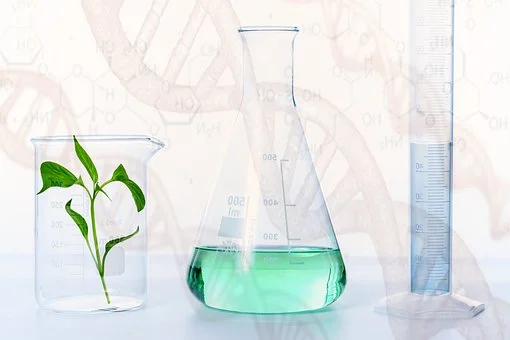Why is it that partisans on both sides of contentious issues – GMOs, climate change, fracking, and so many others – seem to talk past each other? The scientists who study how humans make decisions are giving us some compelling, actionable answers to that question. And the results might not be what you think. That was the message from Washington Post columnist Tamar Haspel today at the American Seed Trade Association’s CSS & Seed Expo in Chicago.
Haspel spoke about the barriers to effective communication about science, and how we can overcome them. The presentation offered new strategies pertaining to the challenges of communicating effectively on some of the hotly debated issues surrounding modern agriculture.
Ignoring facts in favour of emotion is nothing new, she pointed out. “David Hume said it best 300 years ago when he noted that reason is a slave to the passions,” she said.
“Confirmation bias rules the human psyche. We’re all navigating a world looking for ways to support our version of what truth is. When facts that don’t confirm our worldview, we have all these diabolical mechanisms to dismiss those facts.”
What’s frustrating, she said, is that we can easily see when other people do this, but we have a very hard time noticing when we ourselves are guilty of this.
“The simple fact is that facts are not persuasive. There’s so many mechanisms we have to filter them out.”
It may seem counterintuitive for humans to consciously dismiss facts, but according to Haspel, it makes sense. Humans did not evolve in the presence of data, but rather in the absence of it.
“Data itself hasn’t been around very long. Humans evolved with cultural and religious practices, family values — not data.”
Haspel used the GMO debate as an example of a conversation where people on both sides of the fence often dig in their heels and dismiss information that contradicts their worldview.
“Surprisingly, the more you know about science, the more your politics will determine your opinion on this issue,” she said. “Education doesn’t protect you. The better educated you are, the better you are at dismissing things you don’t agree with.”
So how do we have a constructive conversation about organic agriculture, GMOs or other controversial issues that concern the seed industry?
“Reconsider the word bias. The question isn’t how to we eliminate it, but how do we take it into account?”
She also recommended never labelling anyone as “anti-science.”
“Don’t ever use that word. It gets us nowhere. In the history of the world, no one has ever taken a position they believed to be anti-science. People see the science in light of what their beliefs are. This idea that the science is clear and your [position is correct] could be true. You could have the science on your side, but that doesn’t make the person disagreeing anti-science.”
Haspel recommends that people on both sides of the argument — whether it be GMOs, organic agriculture, or another controversial issue — sit down and simply talk.
“Find the smartest person you know who disagrees with you and have a conversation. People who disagree with us often have something in common with us. Reach across the aisle. Make sure when you all get together in a room that you don’t all have the same point of view and are all reinforcing that worldview.”











